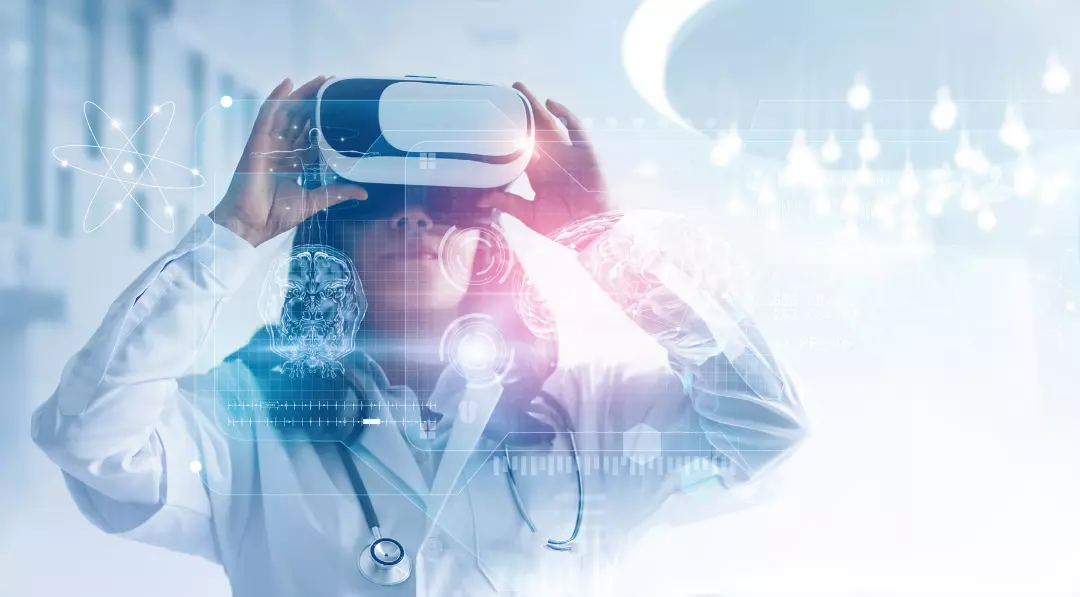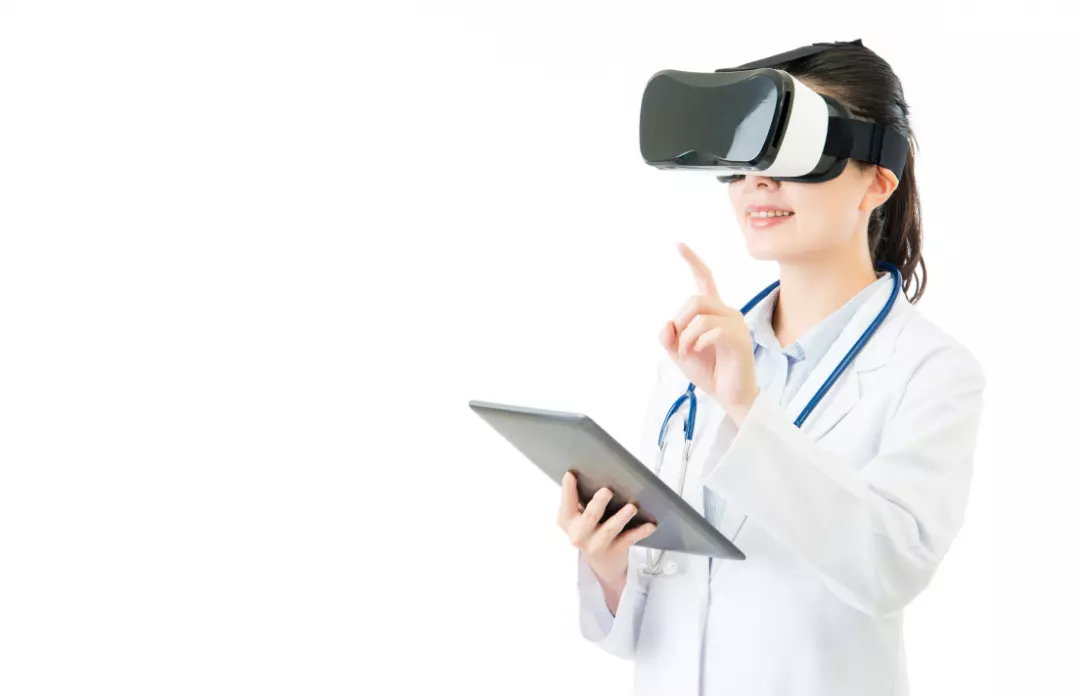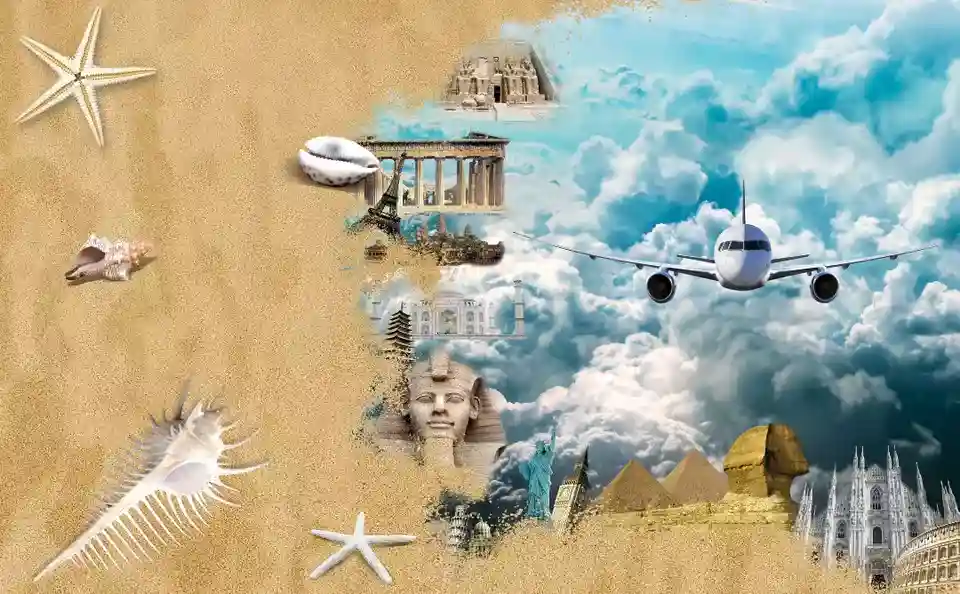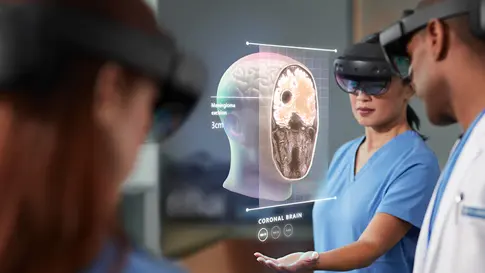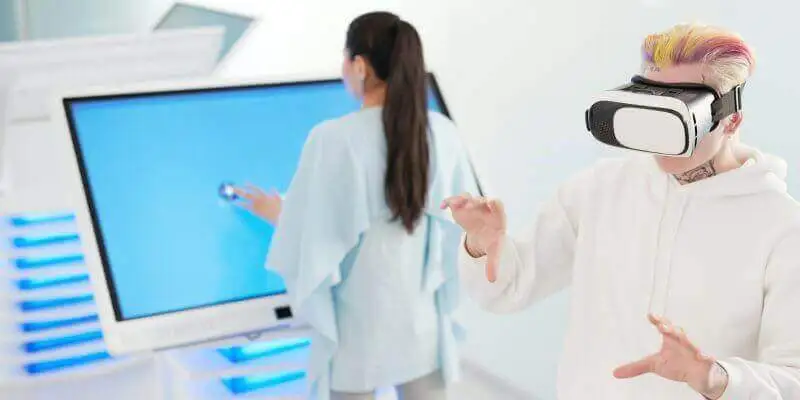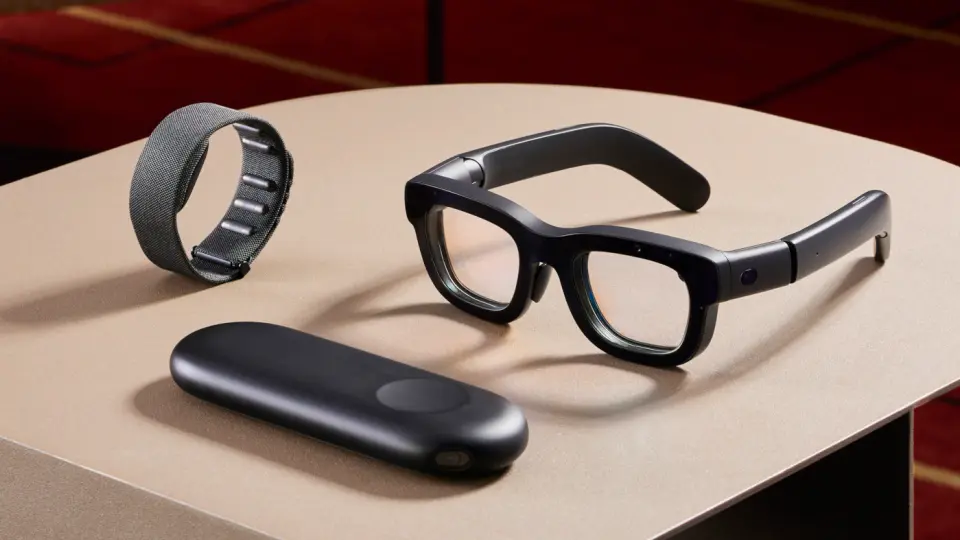The Future of Augmented Reality (AR) and Virtual Reality (VR) in Medical Tourism: A Vision of Tomorrow's Healthcare
Posted on January 21, 2024 4 minutes 837 words
Table of contents
- Understanding AR and VR in Healthcare
- The Current State of Medical Tourism
- Advancements in AR and VR: The Road Ahead
- The Future Landscape of Medical Tourism: A Deep Dive into AR and VR Innovations
- A New Era in Medical Tourism
- Overcoming Future Challenges
- Conclusion: Embracing a Technologically-Driven Future
In recent years, the fusion of technology and healthcare has reached new heights, particularly through the advancements in Augmented Reality (AR) and Virtual Reality (VR). These technologies are not just transforming healthcare delivery but are also revolutionizing the concept of medical tourism. This blog post explores the future implications of AR and VR in medical tourism, shedding light on how they are set to redefine patient experiences and medical practices globally.
Understanding AR and VR in Healthcare
Before delving into medical tourism, it’s essential to understand what AR and VR offer in healthcare. AR technology overlays digital information onto the real world, enhancing the user’s perception of reality. In contrast, VR immerses the user in a completely virtual environment. In medical settings, these technologies have been used for surgical training, patient education, and therapy.
The Current State of Medical Tourism
Medical tourism refers to people traveling abroad for medical treatments. It’s a growing sector, driven by factors like cost-effectiveness, access to specialized treatments, and advanced technology. Countries like Thailand, India, and South Korea are popular medical tourism destinations due to their combination of high-quality healthcare and tourism amenities.
Advancements in AR and VR: The Road Ahead
The future of AR and VR in healthcare is rich with possibilities. Upcoming advancements are expected to offer more immersive, interactive, and personalized experiences. The focus will shift towards creating hyper-realistic simulations, advanced diagnostic tools, and even remote surgical capabilities.
The Future Landscape of Medical Tourism: A Deep Dive into AR and VR Innovations
The future of medical tourism is on the cusp of a revolutionary change, driven by advancements in Augmented Reality (AR) and Virtual Reality (VR). This segment delves into how these technologies are set to reshape the landscape of medical tourism, offering groundbreaking possibilities for patients and providers alike.
Virtual Pre-Treatment Planning and Consultation
Global Accessibility Through Virtual Tours
-
Immersive 3D Hospital Tours: In the future, patients could explore hospitals around the world through VR-powered 3D tours, experiencing the facilities down to the smallest detail. This immersion helps in making informed decisions about where to receive treatment.
-
Interactive Information Portals: AR and VR could provide interactive platforms, offering extensive information about medical procedures, success rates, and patient testimonials, aiding in the decision-making process.
Remote Consultations and Diagnostics
-
Holographic Doctor Visits: Advanced AR could enable holographic representations of doctors for remote consultations, creating a near-physical presence for pre-treatment discussions.
-
VR-Based Diagnostic Procedures: Patients might undergo preliminary diagnostic tests through VR interfaces, providing initial assessments before traveling for treatment.
Enhanced Treatment Experiences with AR and VR
Precision and Personalization in Surgical Procedures
-
AR-Enhanced Surgeries: Future surgeries could see AR providing real-time, layered visualizations of the patient’s anatomy, aiding in precision and reducing risks.
-
AI and AR Collaboration: The integration of AI with AR could offer predictive analytics during surgeries, suggesting the best procedural approaches and highlighting potential complications.
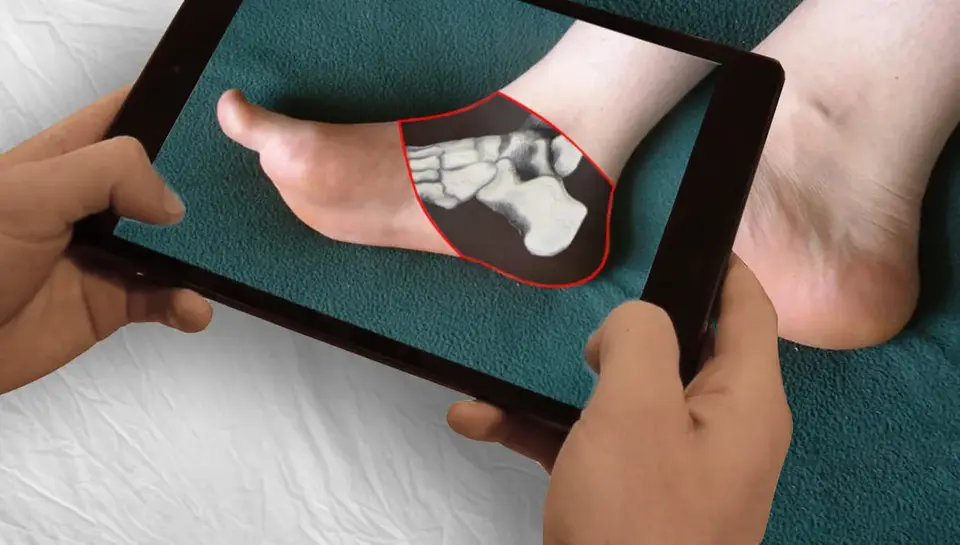
Tailored Rehabilitation Programs
-
Customizable VR Environments: Post-treatment rehabilitation could involve VR environments that are tailored not just to medical needs but also to personal preferences, enhancing the effectiveness of the recovery process.
-
Biofeedback-Integrated VR: Future VR rehabilitation programs could integrate biofeedback, adapting the therapy in real-time based on the patient’s physiological responses.
Post-Treatment Recovery and Follow-Up
Advanced Remote Monitoring
-
AR for At-Home Recovery: AR applications could provide patients with interactive, visual guidelines for at-home care, ensuring proper recovery even after returning home.
-
VR Support Groups: Virtual support groups and counseling sessions in VR environments could aid in emotional and mental recovery, especially for patients who have undergone significant treatments.
Continuous Medical Education and Follow-Up
-
Educational AR Apps for Patients: Post-treatment, AR apps could offer educational content about lifestyle adjustments, medication management, and preventive measures, tailored to individual patient profiles.
-
Virtual Follow-Up Appointments: Regular follow-up appointments could be conducted through VR, allowing doctors to monitor patient progress remotely and adjust treatment plans accordingly.
A New Era in Medical Tourism
The future landscape of medical tourism, shaped by AR and VR, promises a paradigm shift in how medical care is accessed, experienced, and delivered globally. These technologies are set to bridge gaps in healthcare accessibility, enhance the precision and personalization of treatments, and redefine the patient journey in medical tourism. The horizon is bright with possibilities, and the integration of AR and VR in medical tourism could herald a new era in global healthcare.

Overcoming Future Challenges
The integration of AR and VR in medical tourism will undoubtedly face challenges, such as technological disparities, ethical considerations, and data privacy concerns. Addressing these will require global collaboration, robust cybersecurity measures, and ethical guidelines tailored to digital healthcare.
Conclusion: Embracing a Technologically-Driven Future
The future of VR and AR in medical tourism is not just a narrative of technological advancement but a story of global healthcare transformation. These technologies promise to democratize access to quality healthcare, transcending geographical, linguistic, and economic barriers. As we embrace this future, we step into a world where healthcare is more accessible, personalized, and advanced than ever before.

